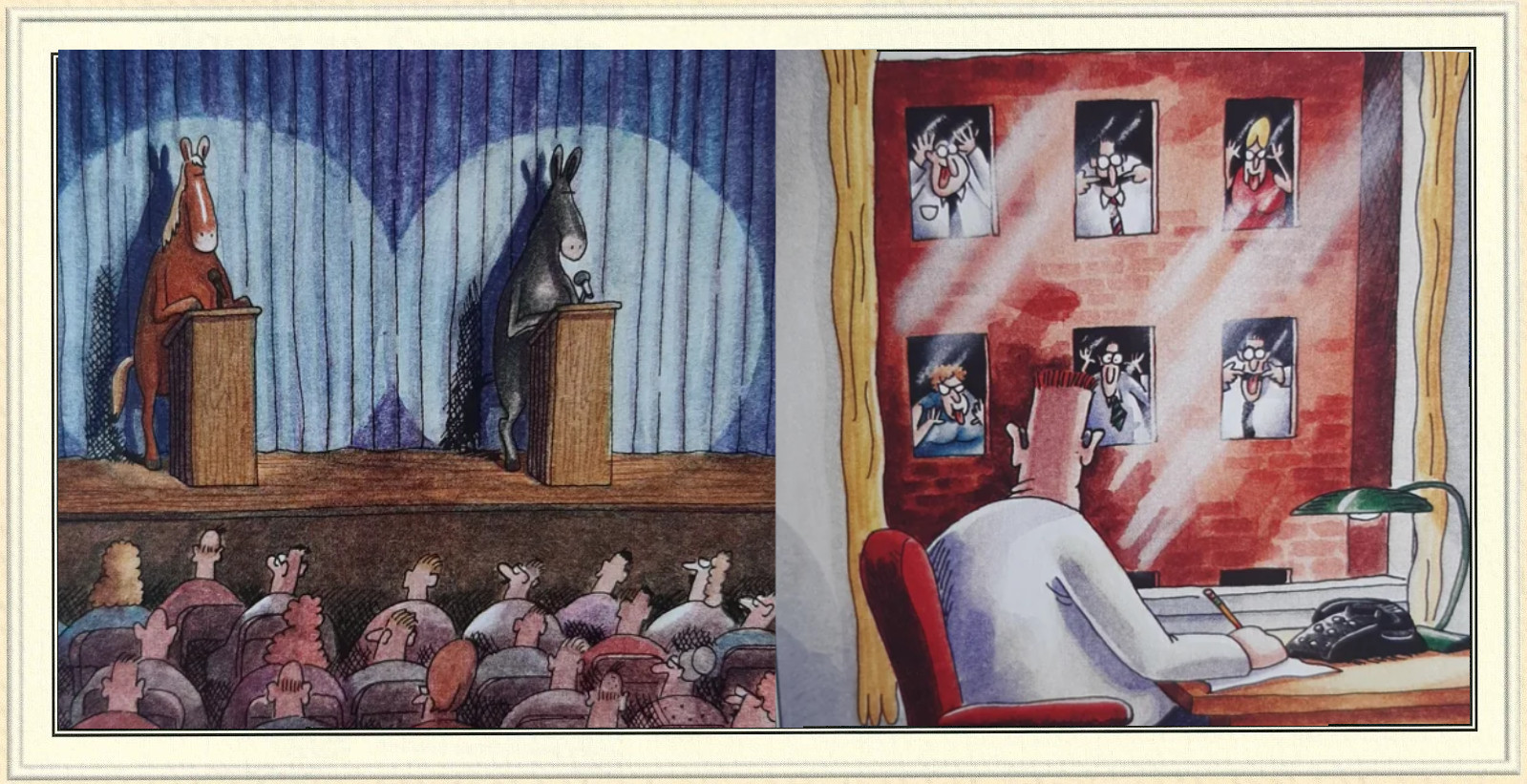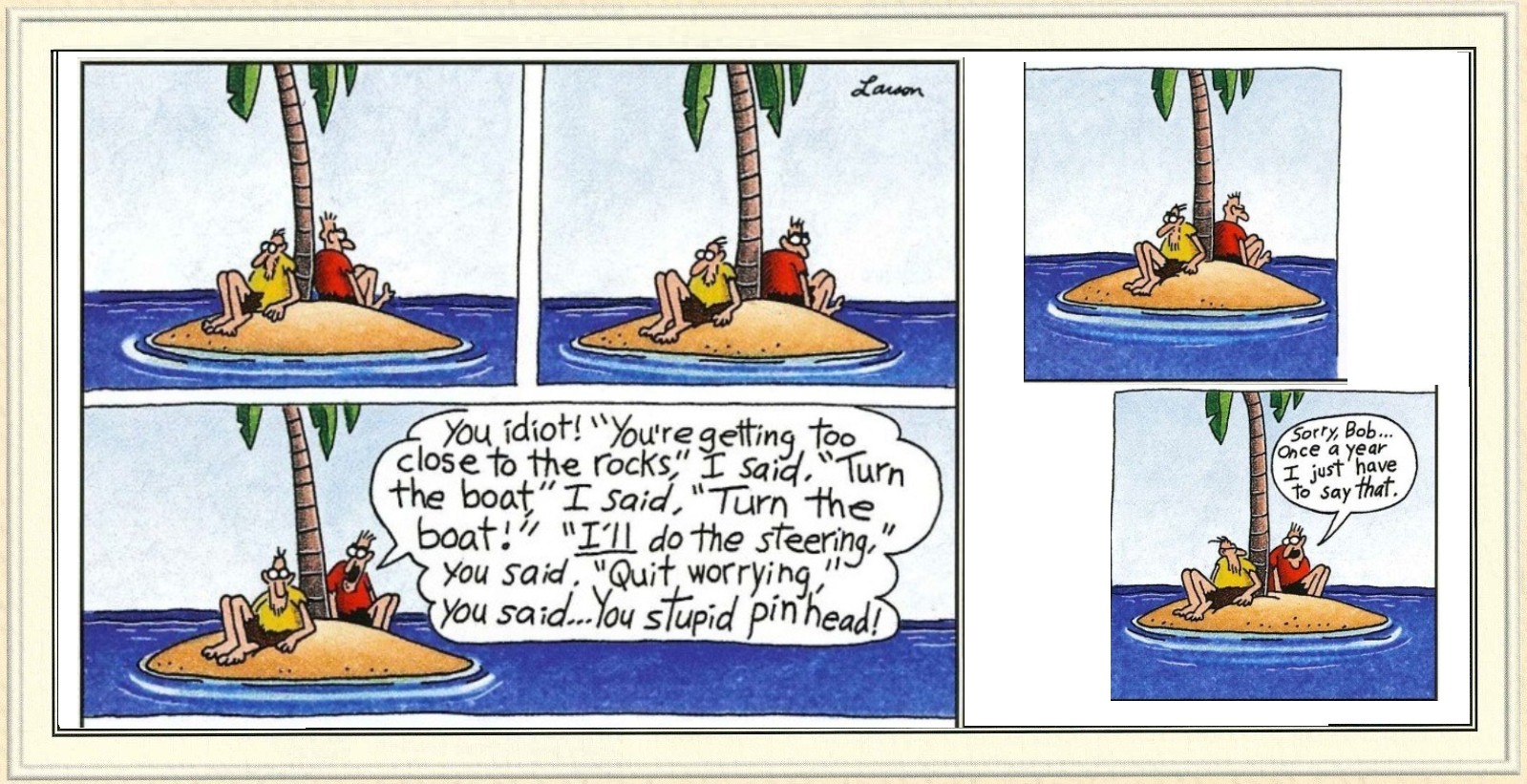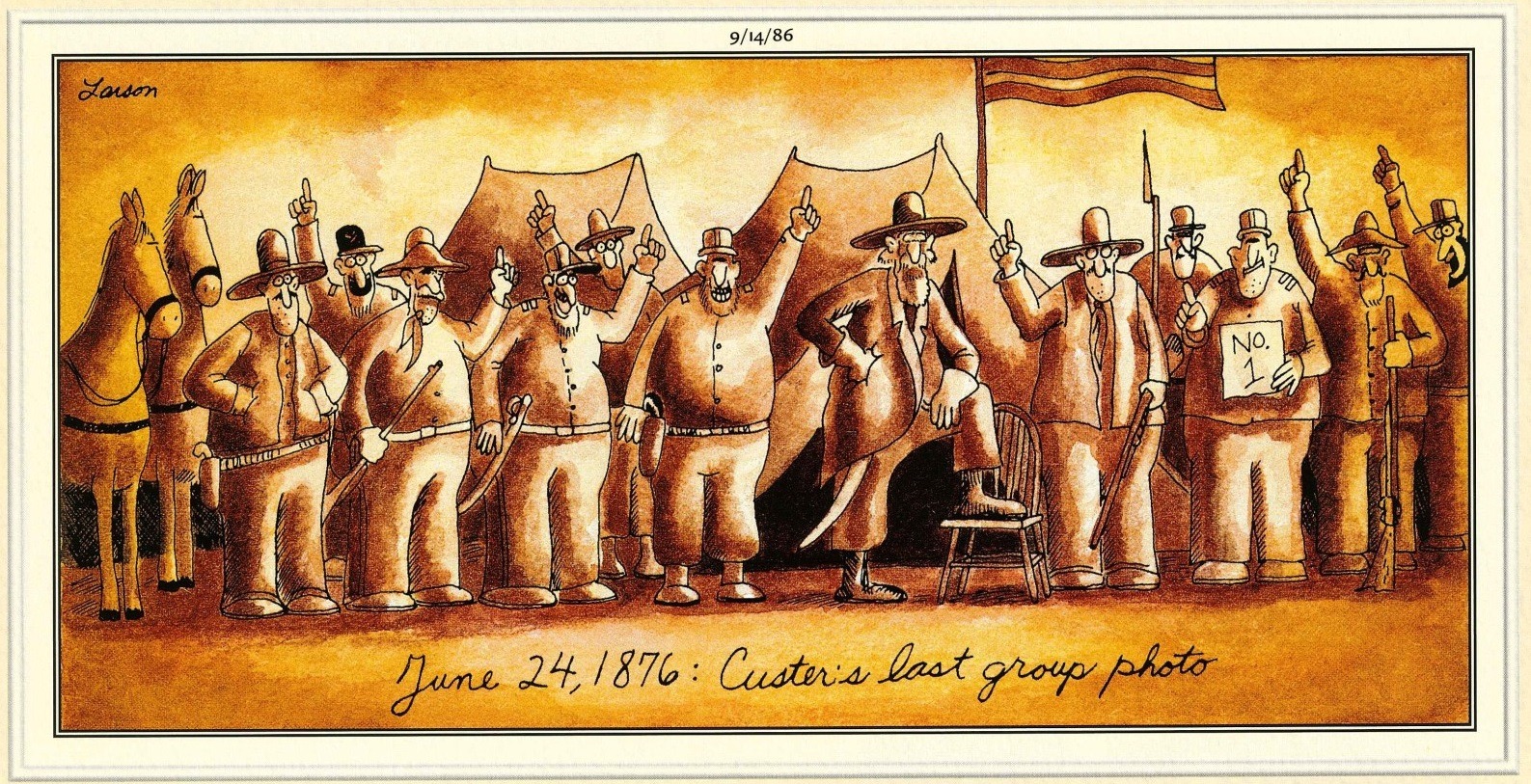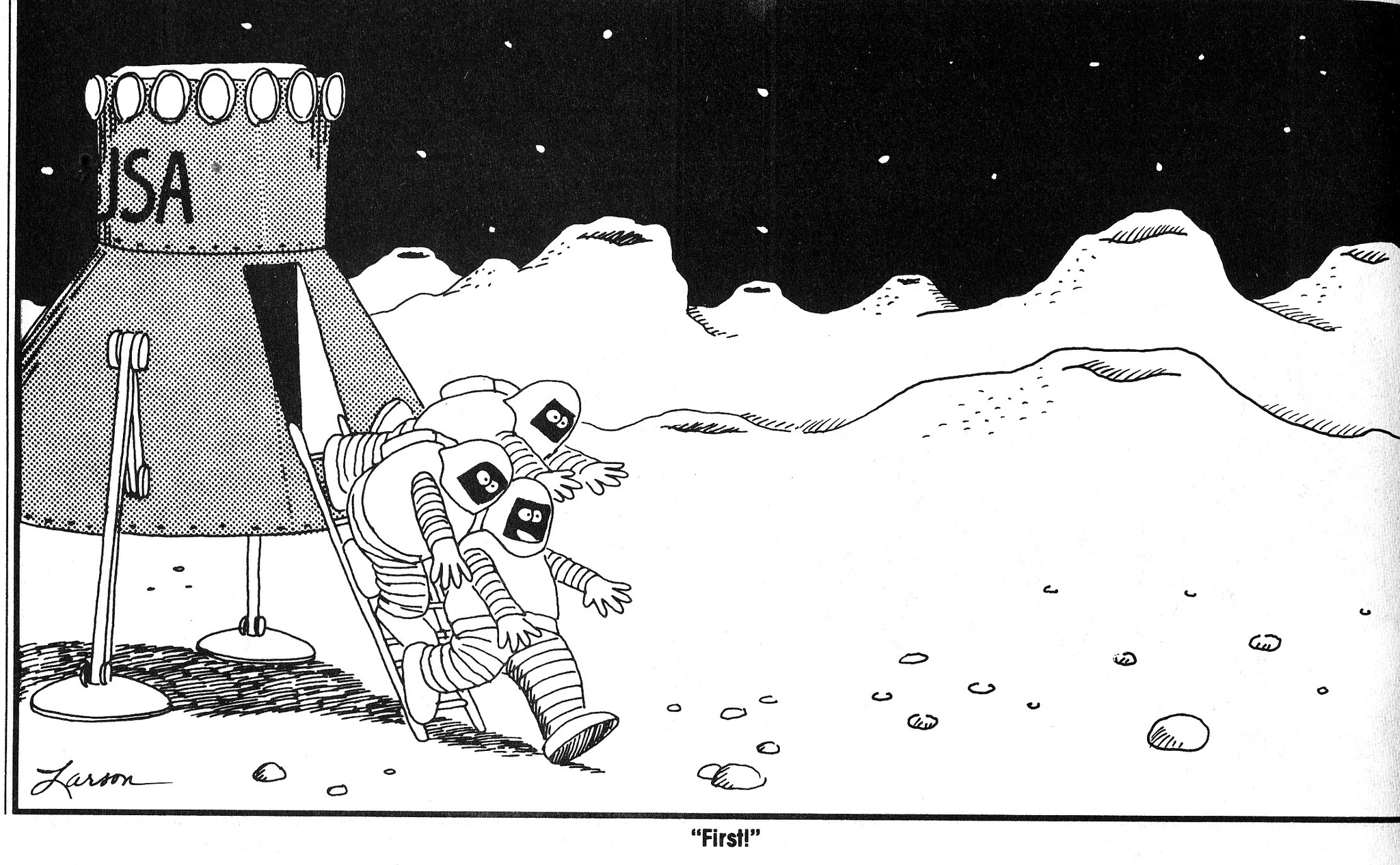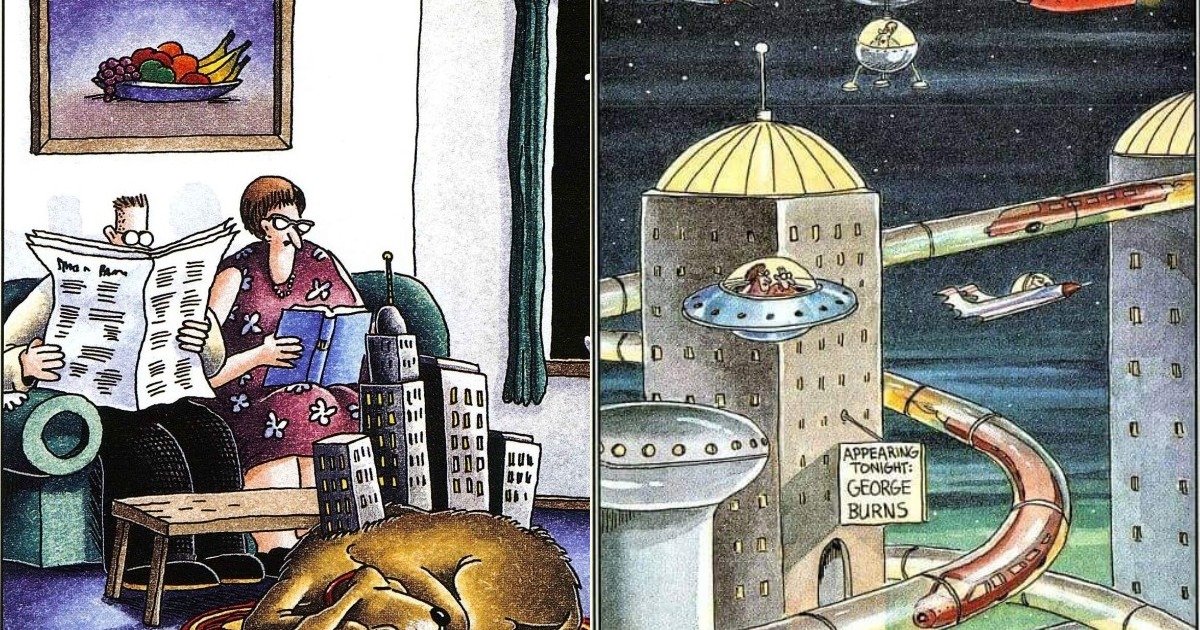Enter the fascinating universe created by the brilliant Gary Larson, the creator of The Far Side Comics. Along with laughing, this voyage promises a fresh appreciation for humour as an art form and the distinct attraction of quirky personalities. Discover the beloved comic strips that have enthralled audiences for centuries. You’ll be in for a delicious mix of whimsy and wit.
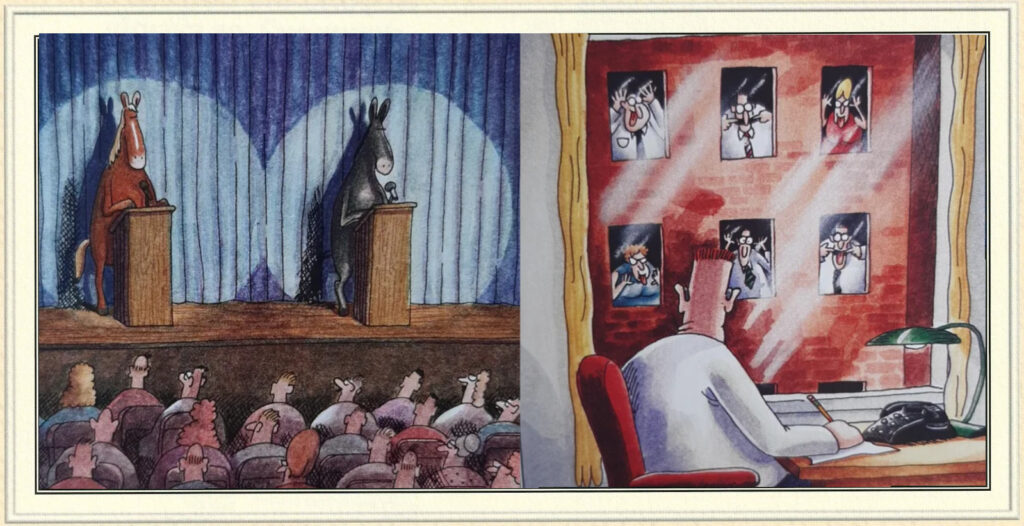
The Far Side features a vibrant ensemble of characters on every page, each exuding a unique charm of their own. These cartoons depict a world where ordinary happenings are turned into jewels that will make you chuckle, with everything from animals having clever conversations to humans navigating the most strange situations.
Best Comics Dose
Beyond its comedic value, The Far Side reflects Larson’s distinctive perspective on life. With clever wordplay and insightful observations, Larson finds humor in the ordinary, inviting readers to view the world through a lens of whimsy. Whether dissecting human peculiarities, highlighting societal oddities, or exploring the imaginative lives of animals, Larson’s creativity prompts both amusement and reflection.
Source & Credit: Thefarside & Others
Disclaimer: The comics showcased on our platform are the intellectual property of their creators. Our aim is to share these remarkable works with a broader audience. If any artist feels their work is not appropriately credited or is being misused, please contact us promptly for resolution. We respect the rights of creators and are committed to addressing any concerns swiftly.
#1

#2

#3
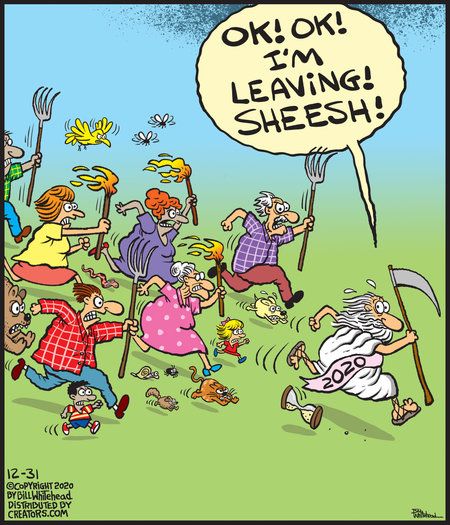
#4
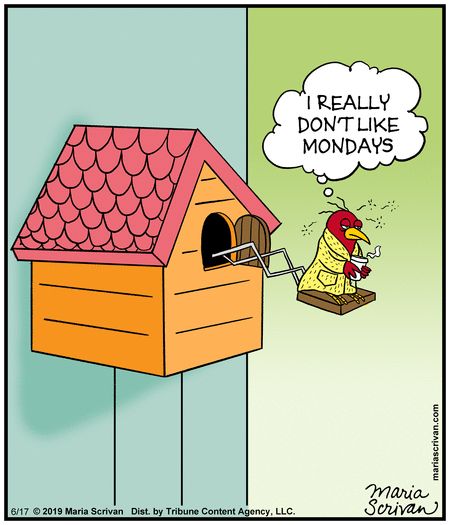
As you turn the pages of The Far Side, a vibrant tapestry of characters unfolds before your eyes, each bearing its distinct quirks and charms. From animals engaging in clever repartee to humans navigating through the most bizarre and side-splitting scenarios, every comic strip presents a portal to a world where the ordinary is delightfully transformed into the extraordinary, resonating with the delightful echoes of laughter.
#5

#6
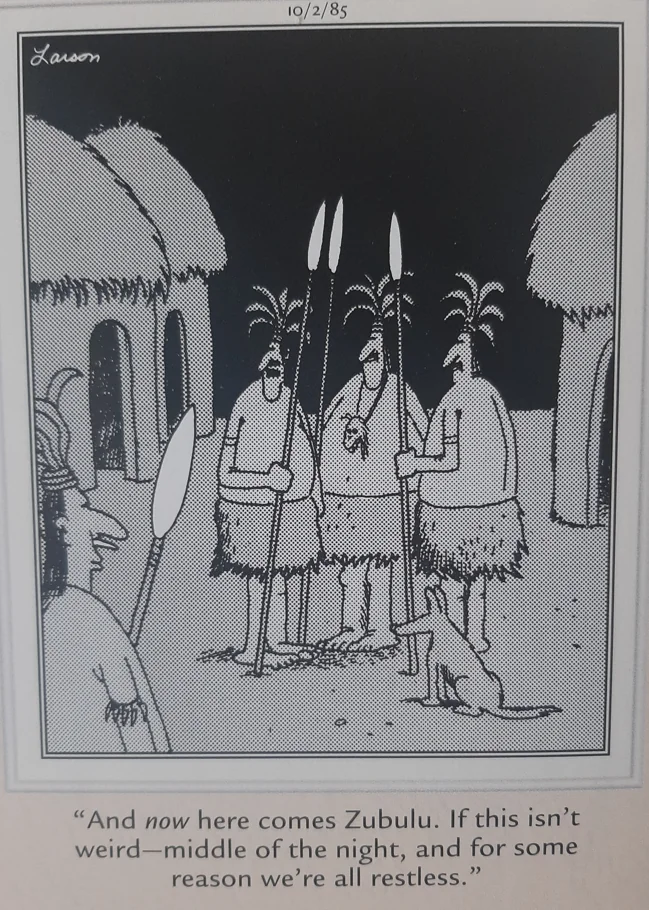
#7

#8
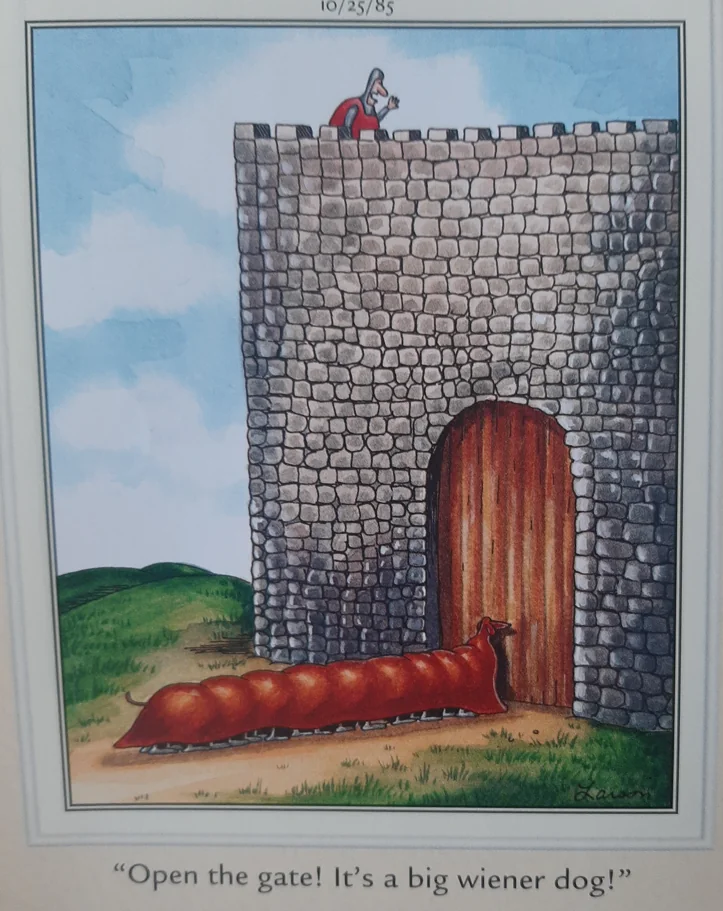
Beyond its capacity to tickle your funny bone, The Far Side serves as a reflective mirror to Larson’s distinctive view of life. Through ingenious wordplay and astute observations, Larson deftly extracts humor from the mundane, encouraging readers to see the world through the lens of whimsy. Whether he’s delving into the quirks of human behavior, shedding light on societal oddities, or exploring the vibrant lives of animals, Larson’s creative brilliance sparks both laughter and contemplation, leaving a lasting impact on readers of all ages.
#9
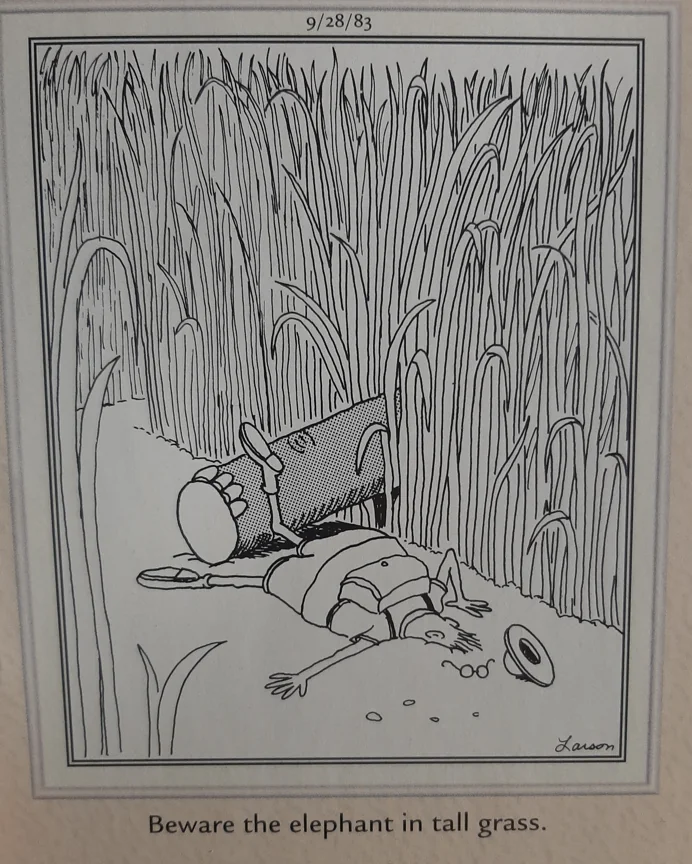
#10
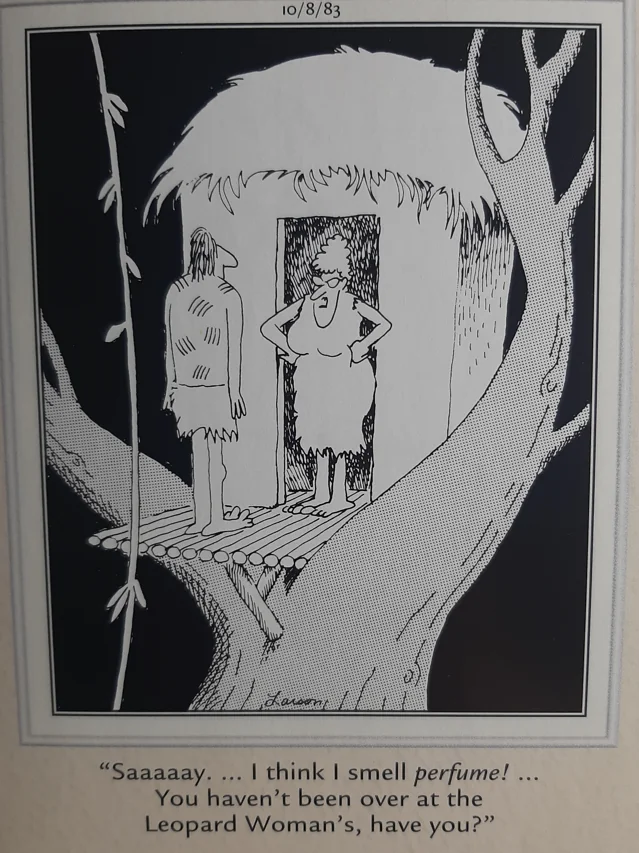
The Far Side’s visual appeal is as enthralling since Larson’s vivid illustration style gives each frame life. Characters come to life with each stroke of his pen, richly detailed to take you to a realm where fantasy and reality collide. The distinction between the ordinary and the extraordinary is blurred in this colourful tapestry, as humour and imagination combine in a mesmerising dance.
#11

#12
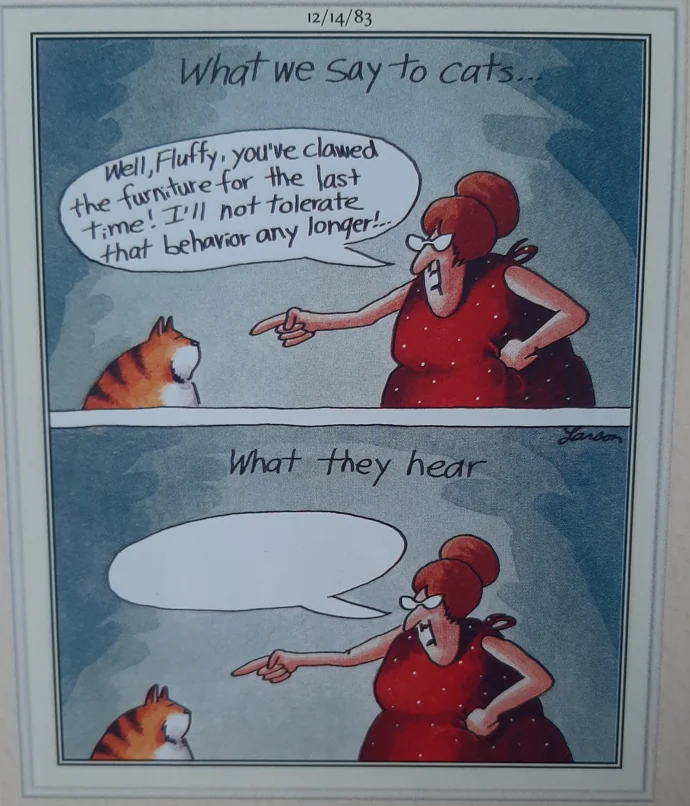
#13
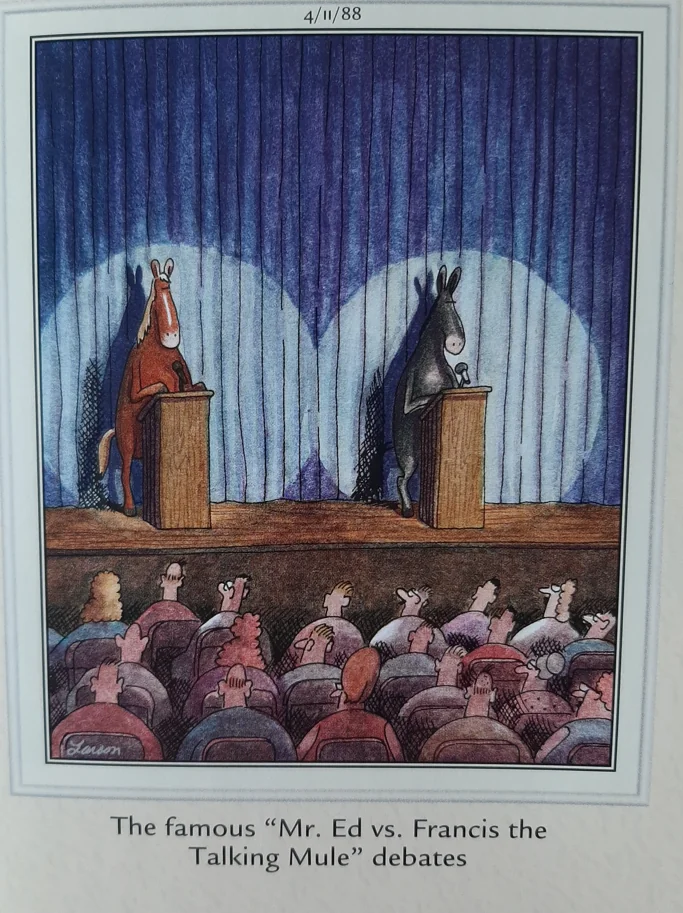
#14
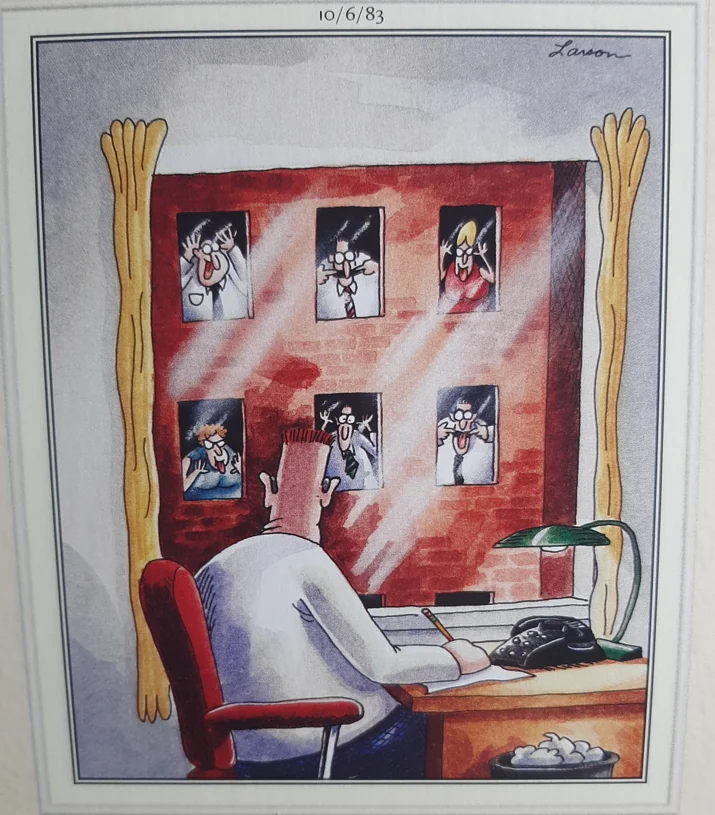
#15
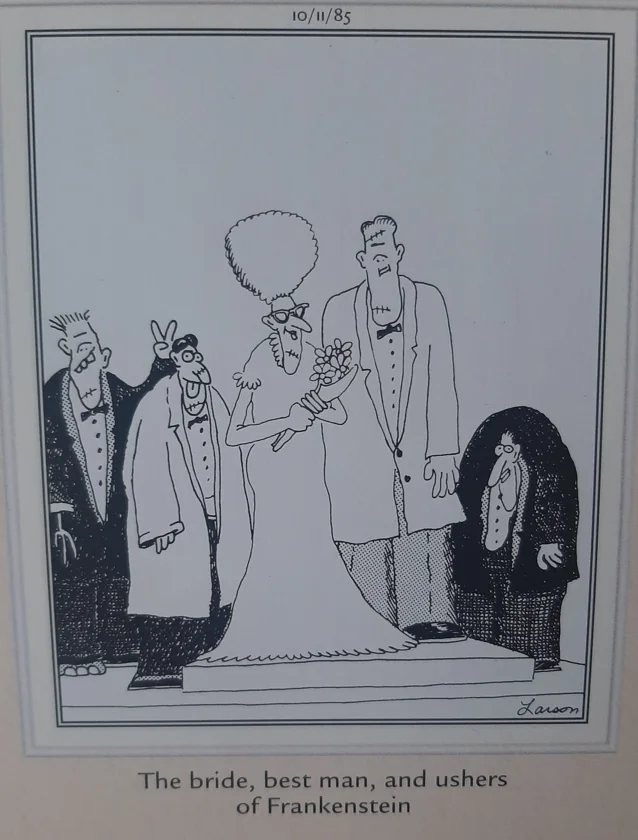
Readers all throughout the world have a lasting affection for The Far Side Comics, which is a witness to Larson’s extraordinary talent for finding humour in the ordinary things in life. These cartoons are more than simply a way to pass the time; they also act as a gentle reminder to cherish life’s small joys, find humour in lighthearted situations, and discover joy in the unlikeliest corners of existence.
#16

#17
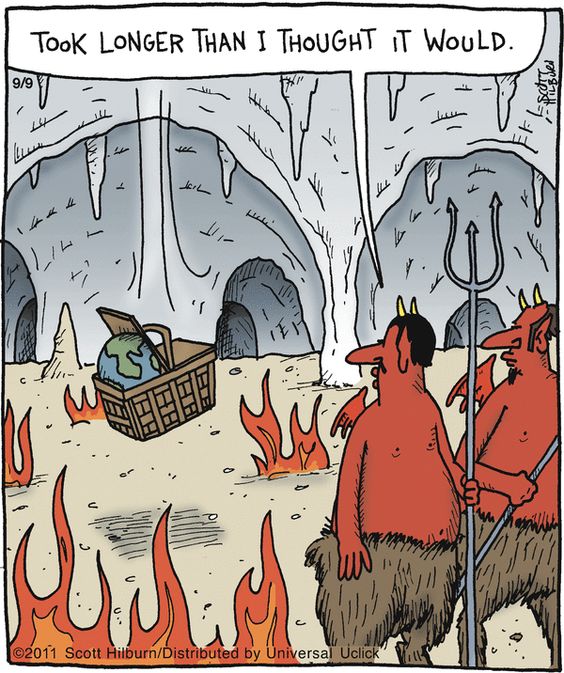
#18

#19

#20
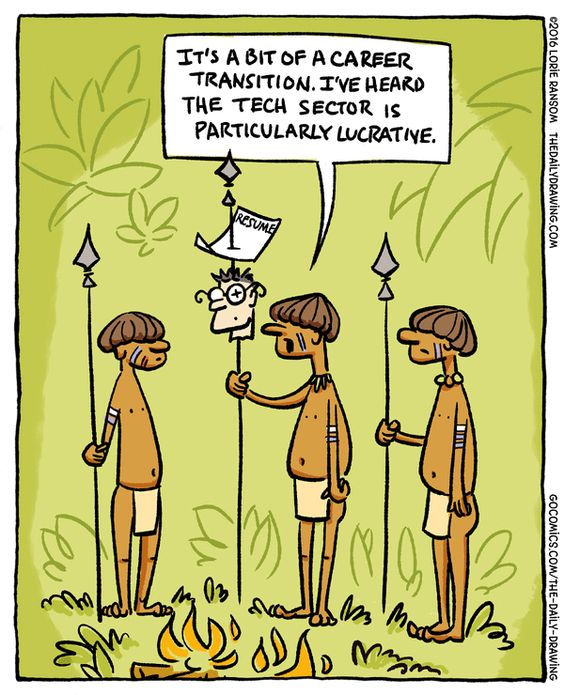
The Far Side Comics are more than mere entertainment; they are portals to endless possibilities and realms of the imagination. Within these hallowed panels, Larson invites us to question the status quo, challenge our assumptions, and embrace the whimsy that resides within us all. His work serves as a gentle reminder that life is too short to be taken too seriously, and that finding joy in the unexpected is a precious gift.
Since its debut, The Far Side has captured the hearts and minds of readers worldwide, earning accolades and a devoted following that spans generations. Larson’s unique blend of humor, intellect, and artistic prowess has earned him a well-deserved place in the pantheon of comic strip legends. His iconic work continues to bring smiles and laughter to millions, evoking a sense of nostalgia for those who grew up with his creations and inspiring a new wave of enthusiasts eager to discover the magic for themselves.
Beyond its entertainment value, The Far Side Comics have left an indelible mark on the world of art and humor, influencing a generation of cartoonists and fueling the imaginations of aspiring creators. Larson’s bold and unconventional approach has shattered the boundaries of traditional comic strip storytelling, paving the way for new avenues of expression and experimentation.
So, immerse yourself in the enchanting world of The Far Side Comics, where laughter knows no bounds, and imagination takes flight. Allow Gary Larson’s masterful creations to transport you to a place where the extraordinary becomes ordinary, and the mundane becomes an opportunity for mirth. Discover the joy, the wonder, and the sheer delight that awaits within the pages of The Far Side, and let yourself be swept away by the timeless magic of Larson’s timeless creations.

